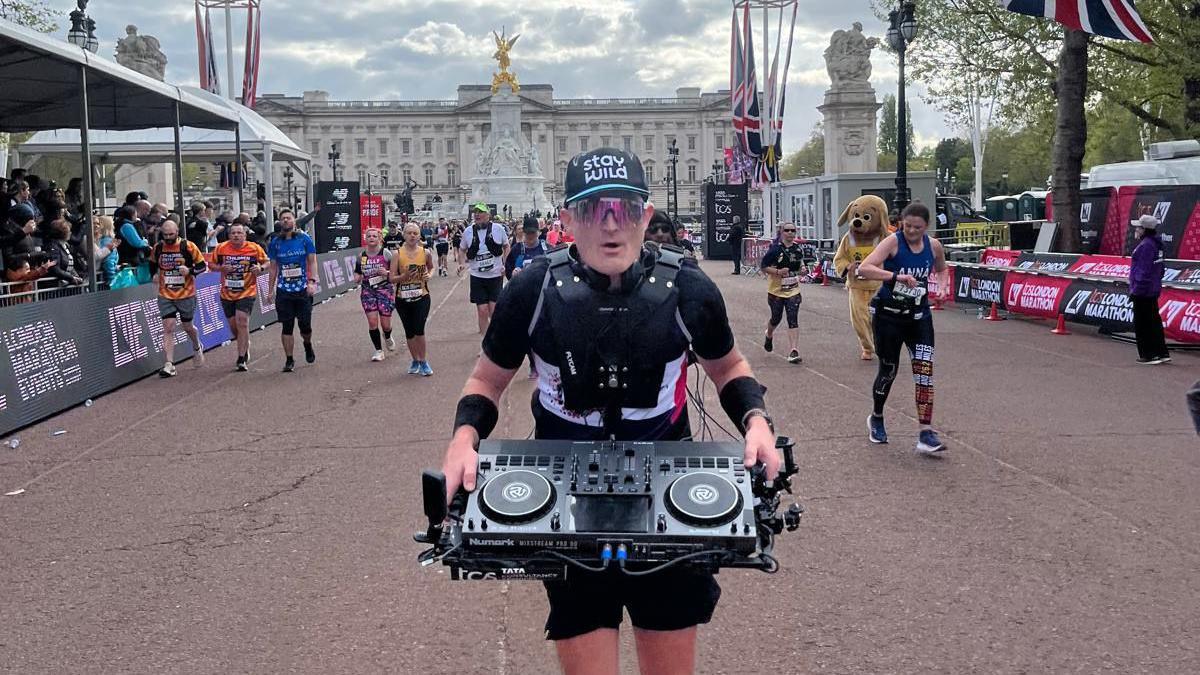Cancer patient says gene research changed her life
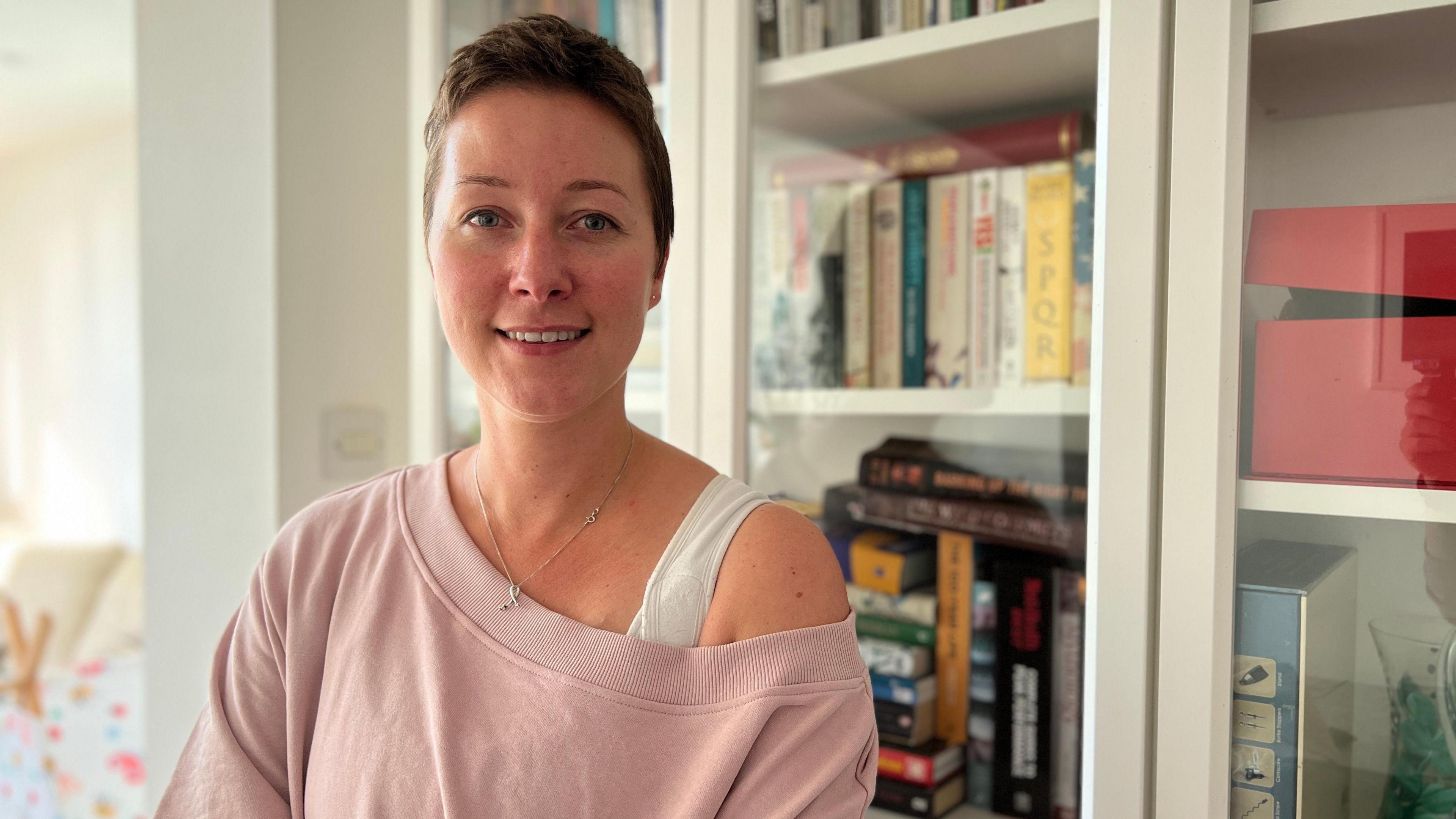
Margi Clarke wants more people to know about the dangers of faulty BCRA genes
- Published
A Jersey woman has praised the cancer research that she says has changed her life.
Margi Clarke has the faulty BRCA gene, which increases the likelihood of developing certain types of cancer.
She was offered annual screenings when the gene was discovered and it helped reveal a tiny cancerous growth in 2019 and the cancer was effectively treated.
Ms Clarke as has joined a campaign by Cancer Research UK to call for more funding to research how genes cause cancer and what can be done to prevent and treat them.
‘Very lucky’
Ms Clarke and her mum, Ginny Clarke, were both sent for genetic testing in 2016 because of their family history with cancer.
Ms Clarke’s mum had been diagnosed with breast cancer three times in a 20 year period.
The tests showed they both had the mutated BRCA 2 gene, and they were both offered counselling.
Ms Clarke said she was “very lucky and fortunate” and “being able to have those tests was really helpful in picking up my cancer”.
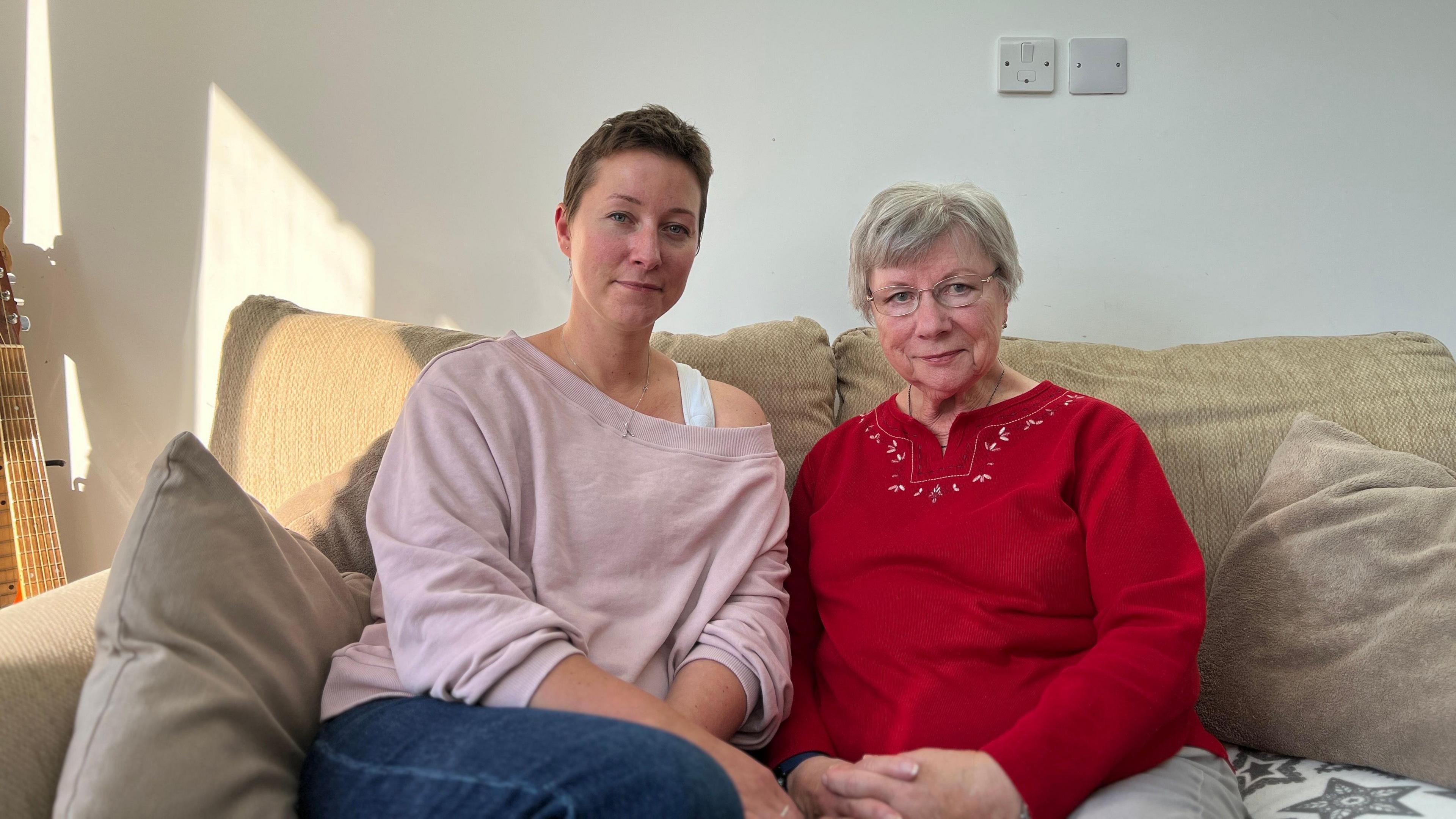
Both Margi Clarke and her mum, Ginny Clarke, say genetic testing has made a big difference to them
Ms Clarke has a daughter now and she has a 50/50 chance of inheriting the faulty gene from her mother.
Ms Clarke said: “Hopefully, with all of the donations to Cancer Research UK, she'll have a very different experience to us and hopefully medical science will have moved on so her experience will be much better even if she has inherited the mutation.”
Ms Clarke has praised her daughter for raising awareness about the BRCA genes.
“It's nice to let other people know that you can do something about it because you can be vigilant, and you can try and prevent it, so that 30 years later you can still be here, like me,” she added.
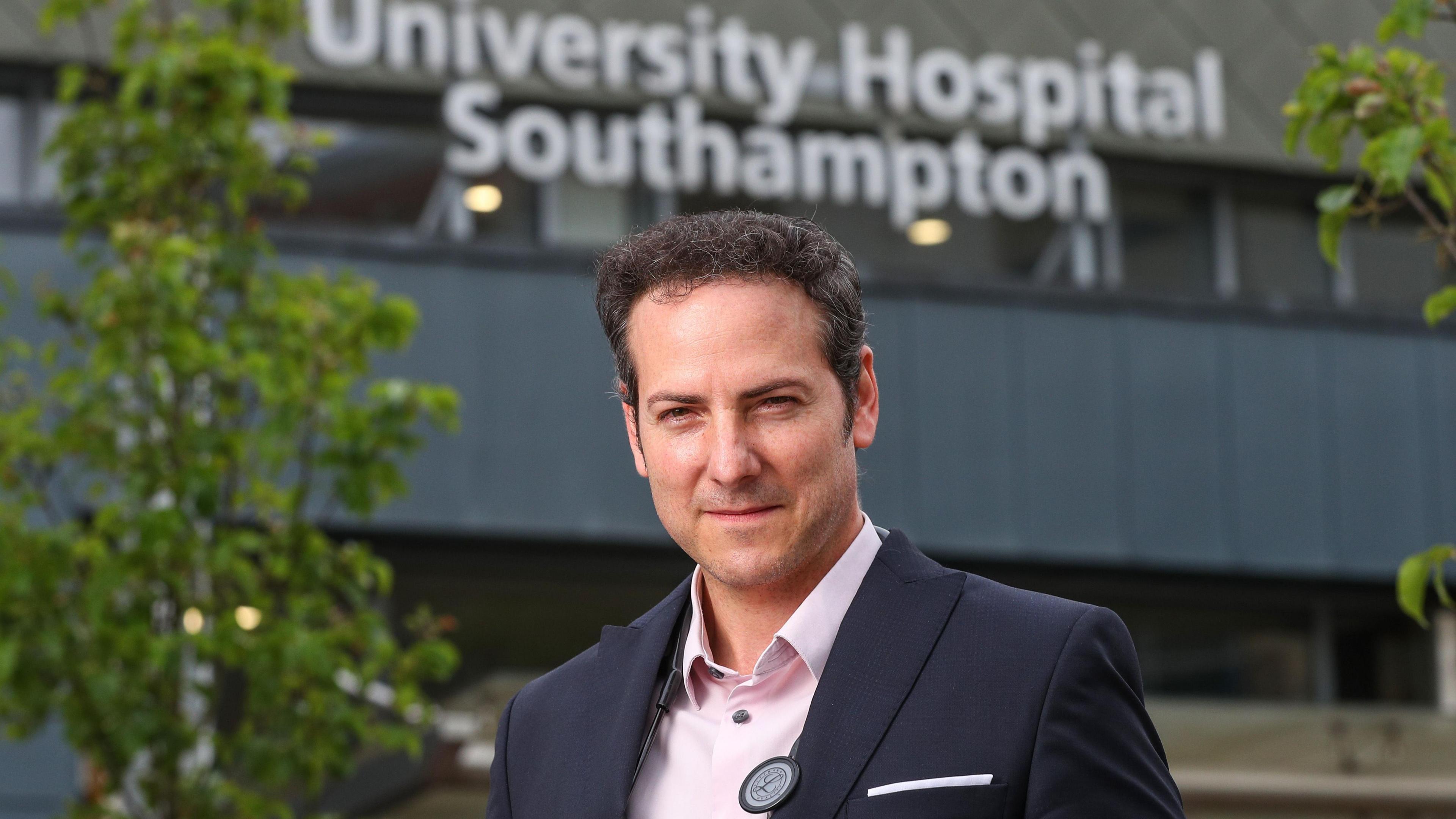
Dr Hugo De La Peña wants more funding into genetic research
Dr Hugo De La Peña is a breast cancer consultant at University Hospital Southampton and regularly supports Jersey patients sent there for treatment.
He said: “We definitely need help from central governments,” and that “different teams could compete for it” because “the more competition there is, the better it is for everyone”.
“We cure cancer almost every single day but that’s not good enough, we need to cure cancer every single day and more research is the key to achieving that,” Dr Hugo added.
Researchers have found that about 70% of women with faulty BRCA1 or BRCA2 genes will develop breast cancer by the age of 80.
Follow BBC Jersey on X (formerly Twitter), external and Facebook, external. Send your story ideas to channel.islands@bbc.co.uk, external.
Related topics
- Published21 October 2024
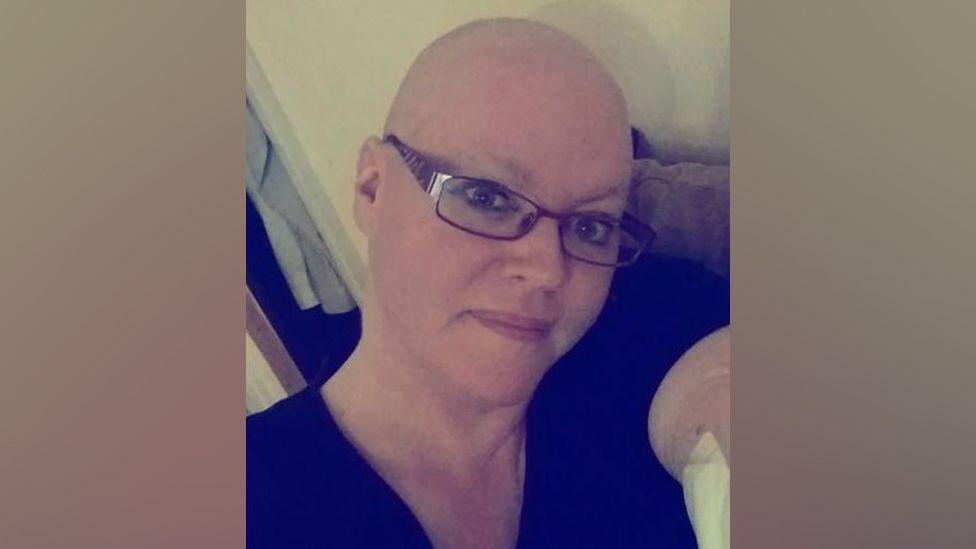
- Published12 July 2024
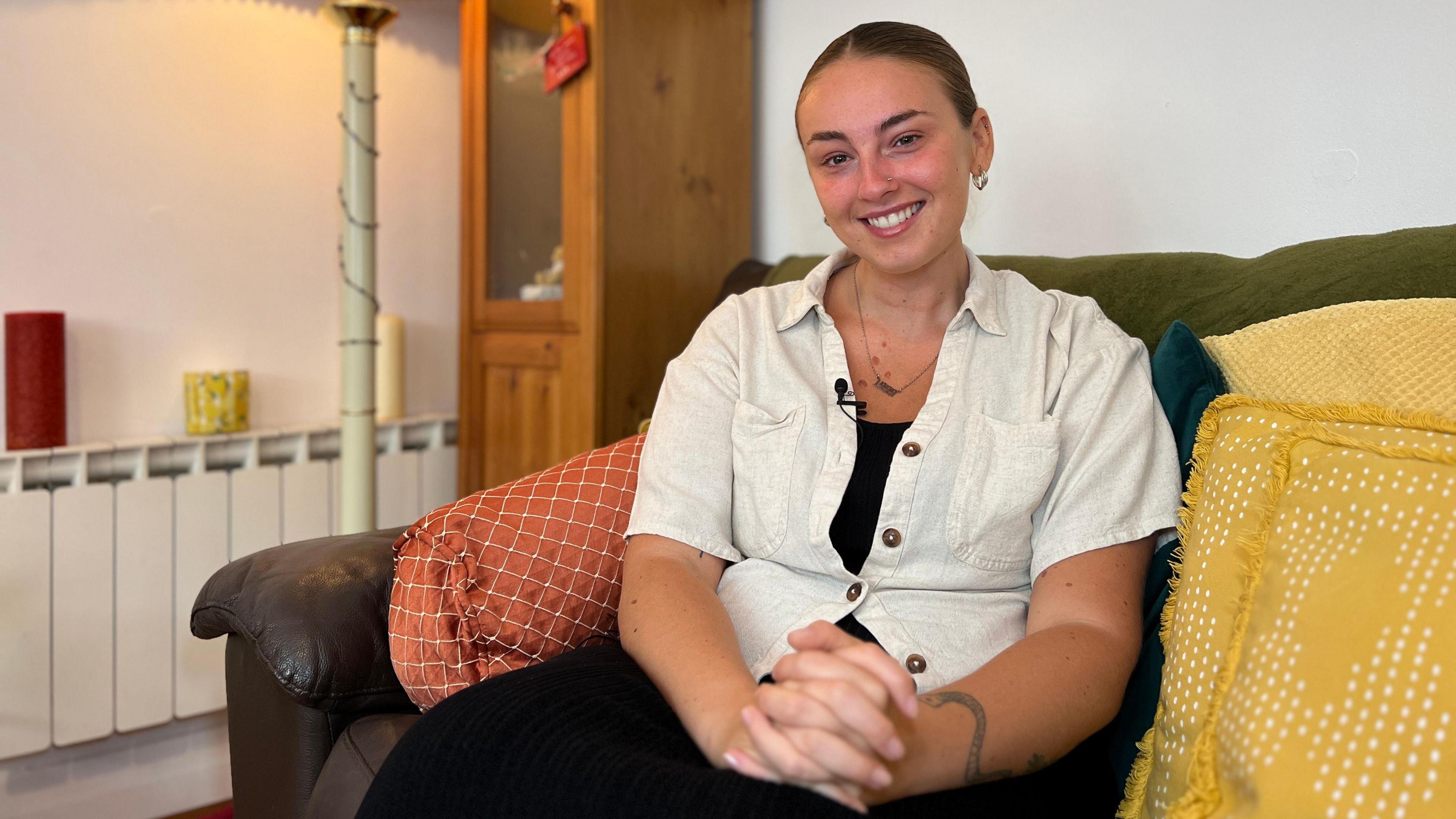
- Published23 April 2024
